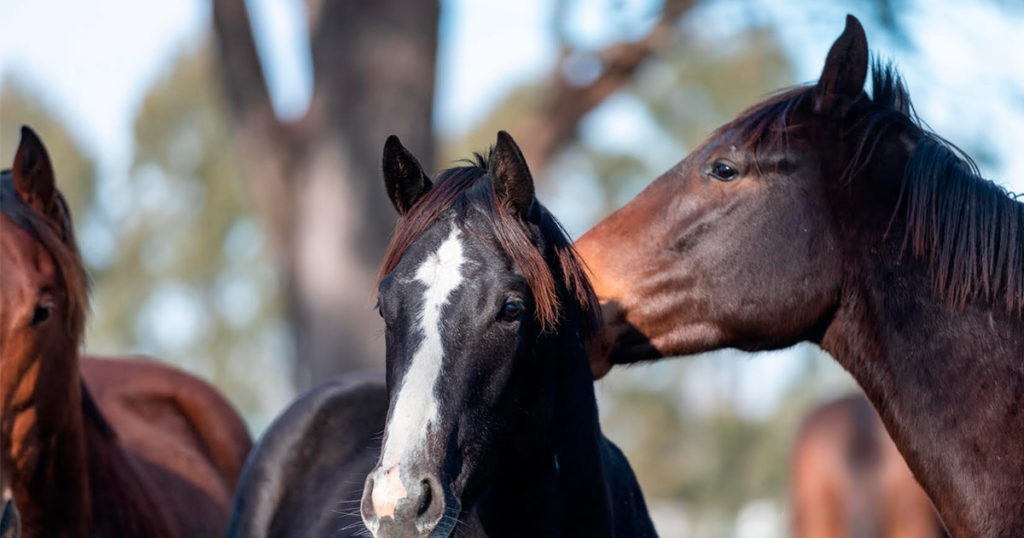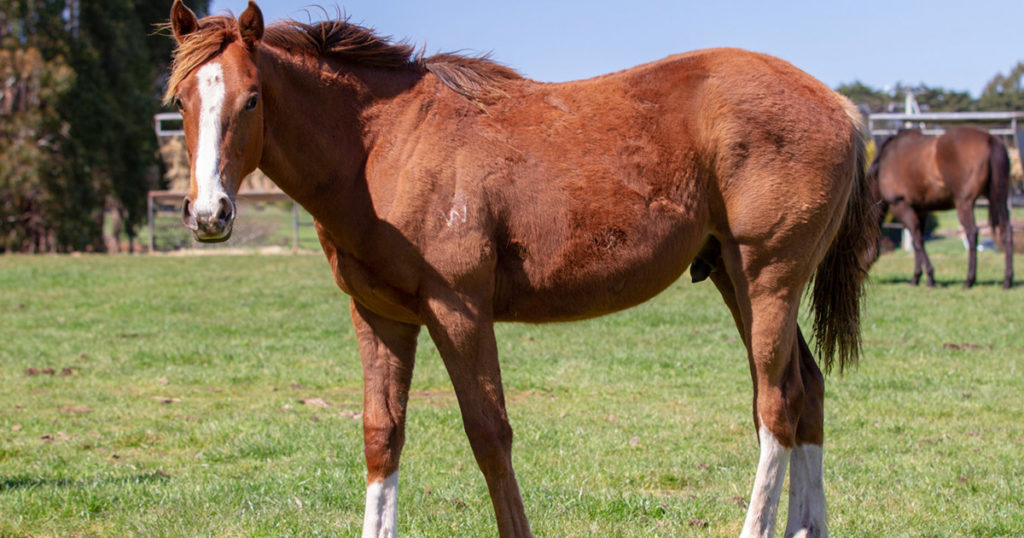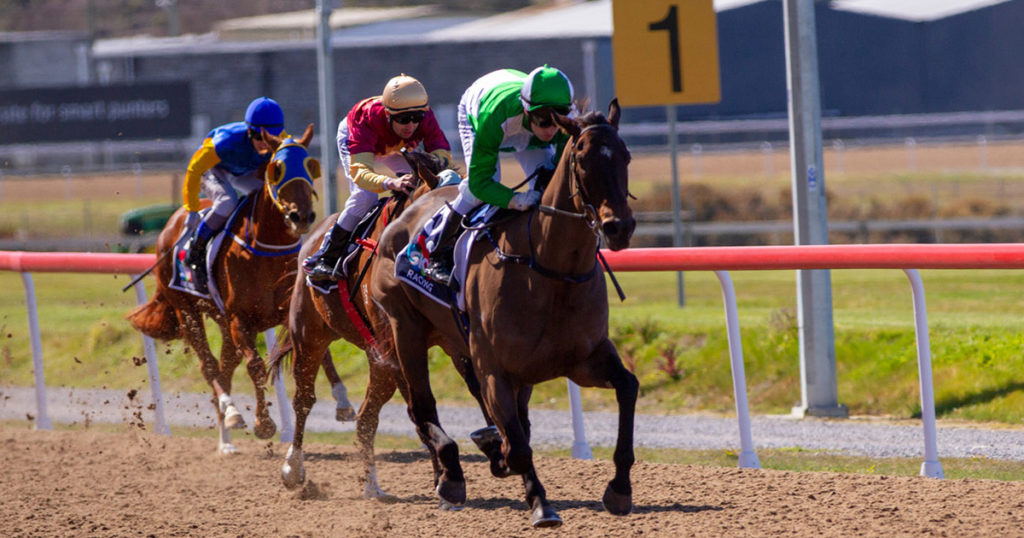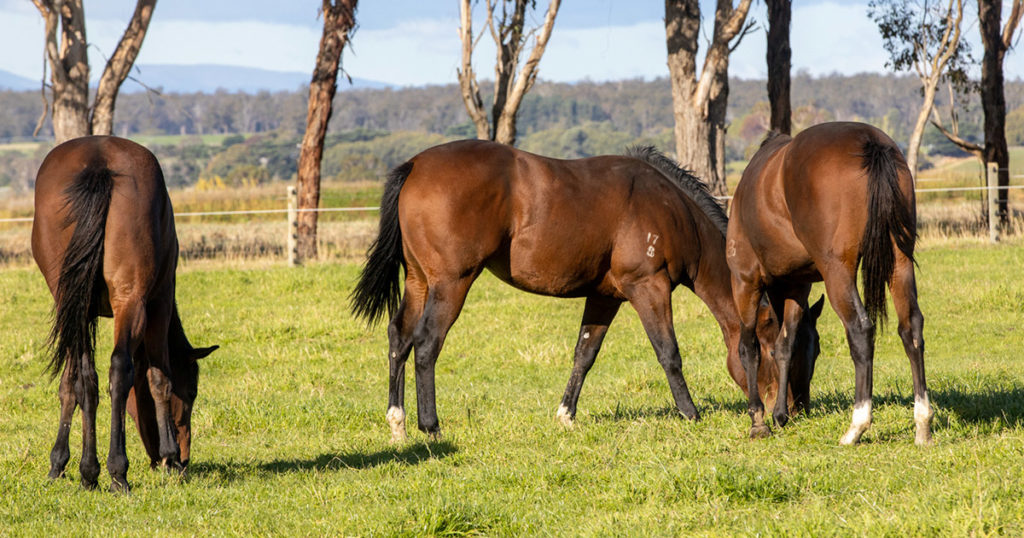The more time goes on, the more research is being conducted into parasitology, and the more we are learning about best practices in terms of internal parasite ‘worm’ control in our horses. For years, we were led to believe that regular drenching (deworming) with the timely rotation of drenches was the best practice to help control worm burdens. This is the main reason that in recent years we have seen a sharp incline in parasite resistance to drenches. That is, chemicals that were once effective in reducing heavy worm burdens are no longer effective in many cases due to overuse of them.
This, combined with a want of drenches with a better ‘safety’ profile has led to an increase in the use of drenches with a single and/or a lesser-used active ingredient. One of these ingredients is the anthelmintic drug Fenbendazole such as that found in Panacur products. Whilst in many cases using such a drench has its advantages, it is important to remember that it is NOT effective against both tapeworms and bots.
Routine faecal egg counts are a most useful tool in helping us drench our horses and ponies both responsibly and effectively. It is crucial, however, to be aware that when conducting faecal egg counts that both bots and tapeworms aren’t routinely tested for. This can lead to a false sense of security that using Fenbendazole or other similar active ingredients alone is a fail-safe method- particularly when faecal egg count results are low.
Globally, there is a strong emphasis placed on parasitology research- which means what we employ as best practice may change in coming years. The take-home message is that for now, sound husbandry practices (ie regular manure pickup and responsible disposal), routine faecal egg counts and knowledge of what your drench/dewormer is effective against are important factors.
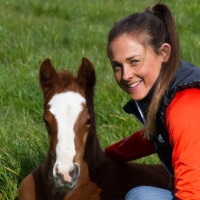
Camilla Whishaw is a highly regarded, experienced horsewoman and naturopath, helping to holistically treat and manage a broad range of equine health conditions and injuries, with a passion for mare and stallion fertility.
As a world-renowned practitioner, presenter, author, and consultant in the field of Equine Naturopathy, Camilla shares her knowledge through keynote presentations, interviews, lectures, panel sessions, and workshop training.

